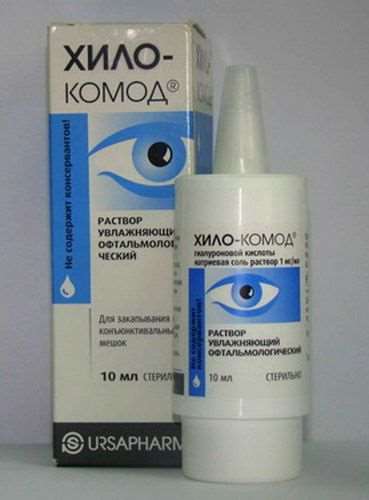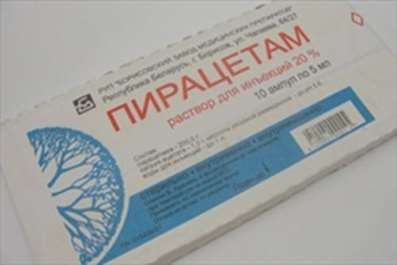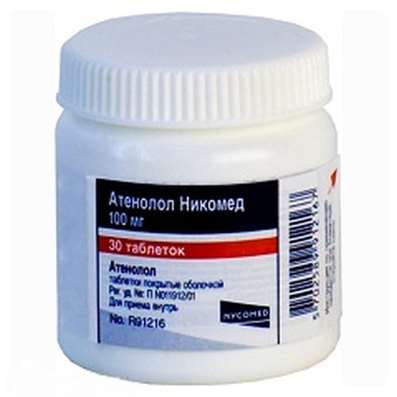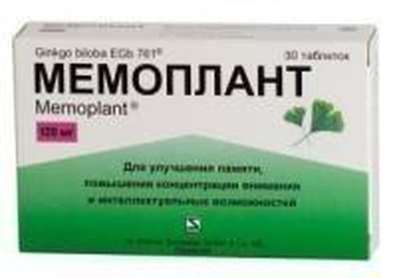FAQ: Infectious process
02 Dec 2016
5 facts about the immune system and the relationship of the parasite and the host.

Infectious process is seen very differently by physicians and biologists. Infection of medical - is a disease, it has a set of symptoms, there is the causative agent of the disease; and this is based diagnosis and selection of treatment, because the physician, it appears that this pathogen should cause the disease - and the point. To support your immune system – buy Complex of Cytamine for immune system, Vitamin B12 cyanocobalamin injection, Meldonium, Metaprot, IRS 19, Selank, Cerluten.
- 1.Investigation of infection biology
Biologist looks at it quite differently. In his view, this is one of the most complex systems of interaction in biology, because we have a variety of people who are sick and there is the causative agent, which although is behaving in a certain way, given his genetics and biochemistry, but it is constantly evolving.
Pathogen - a living organism, as a rule, is not as sophisticated as the owner, but still with a lot of very different genetic factors that come, like all biological objects in the selection. And so the biologist has to deal with a complex genetic system of the host and the parasite's complex genetic system. They interact, and both she and the other genetics - host genetics and the genetics of the parasite - a continuum of different phenotypes, and a grid is superimposed on the other net. Of course, a way out of this interaction will be very diverse, so the biologist infectious process - is primarily a clash between two genomes, each of which held their evolution.
- 2.The evolution of the parasite
Faster and easier to evolve a parasite: it is always, by definition, a shorter life cycle, and it takes a lot more generations in the time while the owner takes one clumsy. We conclude that the infection can not be considered a cyclic process, which from the beginning (infection) to the end (recovery or death) passes a set of well-known stages of what is happening. On the contrary, we are dealing with evolution and accumulation of mutations in the germ of every owner. There is a selection of mutations that increase the fitness of the microbe - of course, not the individual and the population. Evolutionary "strategy" of the pathogen - is the creation of an extensive and successful population that needs it does not kill the host long as possible, because the change of the host - it is always evolutionary, biological risk. When changing the host becomes inevitable, we must do it as efficiently as possible. Therefore, whenever we speak of an infectious process, it is necessary to bear in mind that at the beginning and at the end we are dealing with is not quite the same population of pathogens.
- 3.The evolution of host and parasite
It comes in different ways. Warm-blooded host, such as, for example, a mammal or a bird has two immune systems: innate and adaptive. Innate immunity is not much different in all multicellular organisms. But there are mammals and birds, and still having a system of adaptive immunity, which is in terms of general biology rather interesting thing evolution loops in this case, each individual organism, something which is infected. It turns out that the innate immune system has evolved as expected, accumulating mutations that are inherited through the ordinary laws of genetics and adaptive immunity - is the evolution of the immune response within the same organism. Immune Adaptive immunity involves T-lymphocytes and B-lymphocytes, receptors which are the result of complex combinatorial genetic combined with mutations in the genes that encode these receptors. There is a constant for the selection of the most important cells of the immune response of clones that are fixed in the form of so-called "immunological memory". Therefore, the owner is not easy: it also has a system that evolves according to the usual selection of law and the preservation of mutations affecting fitness and honing their own immune system, which occurs throughout most of the life under the influence of what is facing the owner.
This very complex system of many interacting allows it inside the host. But in the end, in general, it wins the parasite. Elementary everyday example: no disease, except for smallpox, was never conquered by mankind. The speed of evolution of the parasite is so high that, in spite of all these complex defense system, we did not win.
- 4.Actions of protozoan parasites
If we can speak of natural selection strategy or tactics of natural selection are genetically quite simple parasites, it should be noted the rate of mutation. In particular, there are all known examples of viral diseases - has long been known for the most famous flu or retroviral infection of HIV (human immunodeficiency virus). These viruses tactics to get rid of media host immune response is extremely fast key mutated genes of the virus. Changes in molecules that are directed immune response of the host, so quickly that the owner of this simply can not cope - he is trying to respond to what in the virus no longer there.
- 5.Actions of complex parasites
Another tactic used by more complex parasites, such as intracellular bacteria such as tubercle bacillus. One of the interesting details is that such complex parasites as the causative agent of tuberculosis, the causative agent of salmonellosis, even more pathogenic protozoa such as Leishmania, cleverly used methods are useful for the suppression of host responses that involve in it, even its own host products. In particular, certain intracellular processes that need to happen in order for the host could kill such an intracellular parasite, are blocked by this parasite. It changes the biochemistry of the host, not only with its own products, it would be natural, because he too is evolving, but even it involves its own host products and prevents the owner to kill himself.
This is a very complex system of interactions. Since this is all tied to genetic diversity, then, of course, we can not talk about that any infectious process will develop a universal way. This will depend on whether specific pathogen population falls into the host, and develop it in a host specifically with their repertoire of immune responses, in this case, will respond to their infection with a repertoire of receptors.

 Cart
Cart





